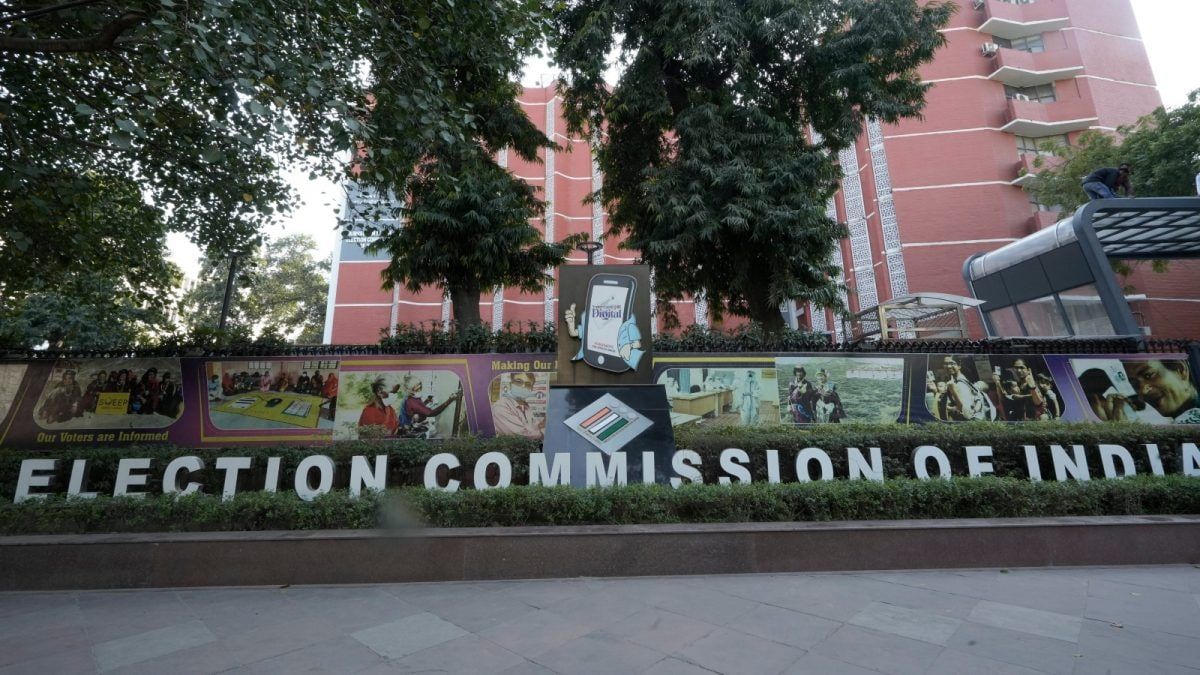The article discusses the concept of democracy in India and how it is perceived by the world. The writer argues that India's claim to be the world's largest democracy has been subject to undervaluation. They identify several reasons for this, including:

- Bias of the Western democracies: The writer suggests that Western nations have a bias against democratic countries in Asia and Africa.
- Colonial legacy: Several European countries that were flourishing democracies at home were still colonial powers abroad, undermining their credibility when it came to promoting democracy.
- Alliances with authoritarian regimes: India's alliance with communist regimes like China and USSR, as well as authoritarian regimes like Portugal and Egypt, has been seen as problematic by Western nations.
However, the writer also acknowledges that India has made significant contributions to democracy, including the establishment of the Election Commission of India, which conducts the world's largest elections efficiently and impartially. They note that the Modi government's attempt to project India as the "mother of democracy" was met with skepticism.
The article concludes that if one considers the origins of democracy in ancient India, such as in the Sabhas and Samitis mentioned in the Rig Veda, then one might question the notion that modern Indian democracy is solely a product of modern ideas and movements.
Overall, the article suggests that the concept of democracy in India is complex and multifaceted, and that its perception by the world is influenced by various factors, including historical legacies, alliances, and biases.
